At the heart of a bustling academic auditorium at Alfajiri College in Bukavu, Democratic Republic of the Congo (DRC) a crowd of eager young people, educators, and elders gathered for a pivotal conference titled: “The Intergenerational Conflict: Understanding Today’s Youth and Their Unique Characteristics — How to Harness Their Contributions Without Betraying Societal Values.” The event brought together thought leaders from diverse fields, each bearing a torch of insight to illuminate the shared path of the older and younger generations.
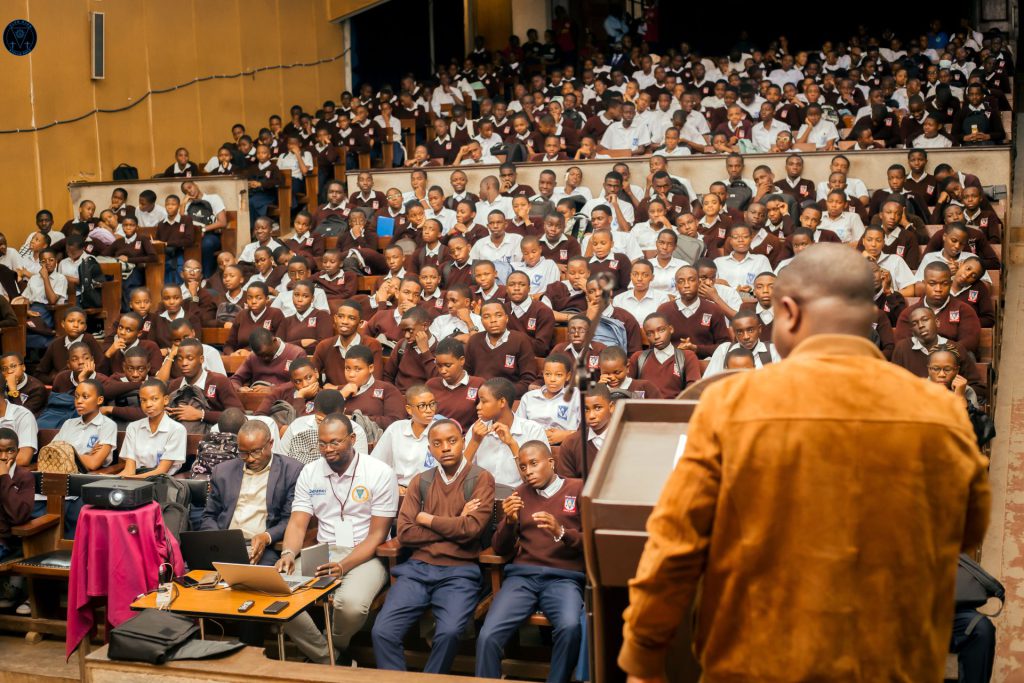
Among the key speakers was Father Topia, a devoted environmental advocate and spiritual guide. His message was rooted in a simple yet profound concern: the future of Africa. With quiet intensity, he challenged the audience to reflect on two essential questions—what must today’s African do to live a healthy life, and how can one safeguard future generations by leaving behind a livable continent?
He spoke of Africa’s rich natural wealth; its forests, rivers, fertile lands and lamented the unchecked exploitation that threatened this treasure. Unlike industrialized nations where overdevelopment had stripped the land of natural life, Africa still possessed what others had lost: balance and potential. The Ecological Group, he explained, aimed to develop solutions to this overexploitation, grounded in traditional wisdom and environmental ethics.
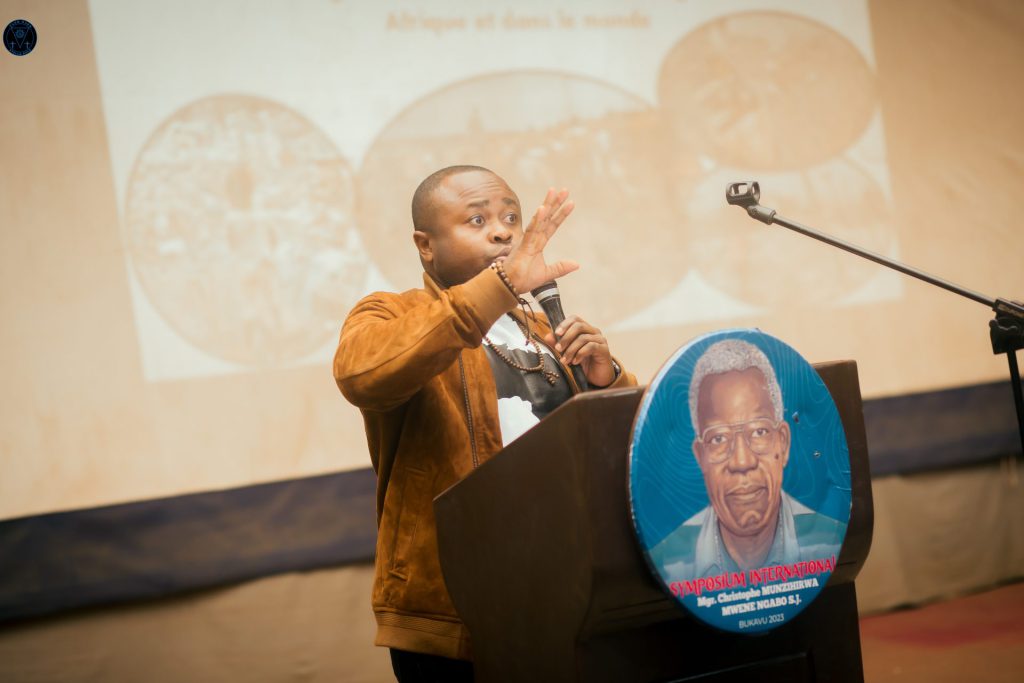
Father Topia introduced the philosophy of biocommunitarianism—an African worldview that values all living things, not just humans. “We must move from an anthropocentric to a cosmocentric way of life,” he urged. “Every tree, animal, and stream has value beyond its usefulness to man. To live fully, we must live in harmony.” He advocated for a return to principles rooted in the continent’s rhythms and cycles, proposing sustainable practices such as agroforestry, organic farming, and conservation agriculture. These, he insisted, were not just agricultural strategies, but spiritual acts—ways to honor the land and one another.
Father Topia also emphasized the circular economy, especially in managing industrial waste. Recycling, he said, wasn’t merely about garbage, it was a way of thinking, of reducing harm and creating value. “The circular economy must replace the wasteful, linear model. This is our duty to both Earth and each other.” Quoting data that stunned the room how recycling a ton of paper could save 17 trees and thousands of gallons of water he made his case not just with passion, but with facts. “Environmental ethics,” he concluded, “must become part of our culture if we are to breathe freely tomorrow.”
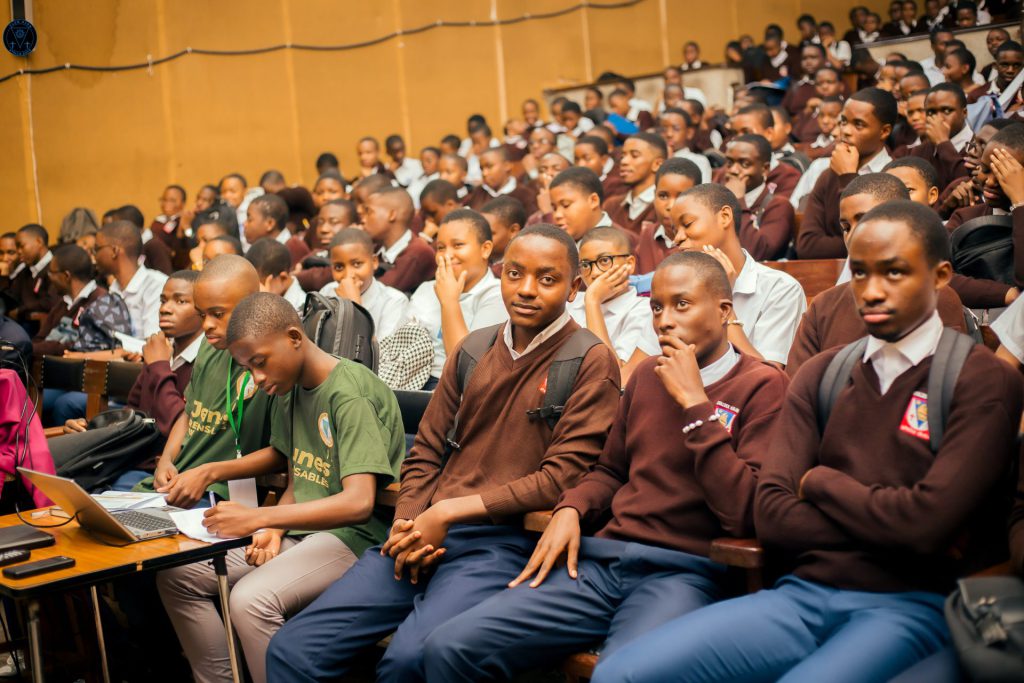
The conversation then shifted from the earth to the body with Dr. Mulume, a professor at the Catholic University of Bukavu. He brought a quiet authority to a topic often avoided: sexual education. “Self-mastery in relation to sexuality,” he began, “is key to our mental, physical, and intellectual well-being.”
Dr. Mulume challenged the taboo surrounding sex in African cultures. “When we leave young people in ignorance, we expose them to harm,” he warned. He described comprehensive sexual education as a human right, offering youth the tools to make informed, respectful, and responsible decisions about their bodies and relationships. He outlined the pillars of sexual education—knowledge, respect, empathy, and autonomy. It was not about encouraging early sexual activity, but rather equipping youth to protect their health, understand consent, prevent abuse, and form healthy relationships. He emphasized that sexual education should be age-appropriate, culturally sensitive, and taught in safe environments by trained educators, with parental involvement. “We must remove the shame,” he said, “and replace it with understanding.”
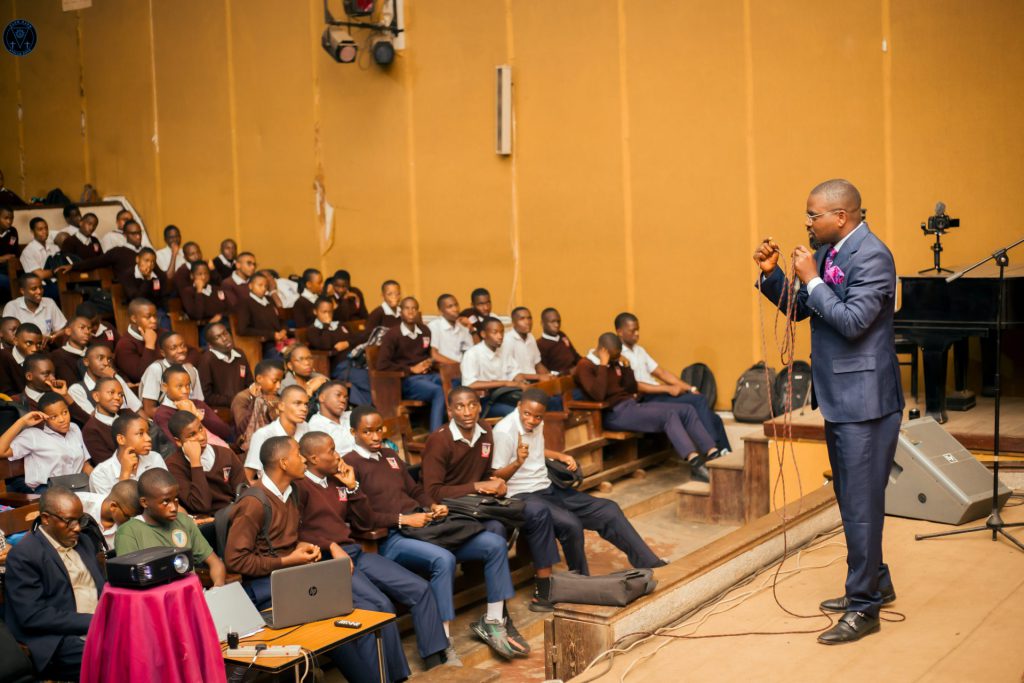
Next, the floor was handed to Professor Jimmy Bulonza and Engineer Franck, who tackled the evolving role of digital technology in education. They painted a nuanced picture of the digital revolution—one full of promise and peril. He began by highlighting its advantages: improved teaching quality, diversified learning experiences, and faster access to information. “A student in a remote village can now learn from global experts,” he noted. “Digital tools are levelling the field.” But he was quick to acknowledge the challenges: misinformation, lack of teacher training, and growing student dependence on screens. “We must not become slaves to the machine,” he cautioned. “Technology must serve education, not replace it.”
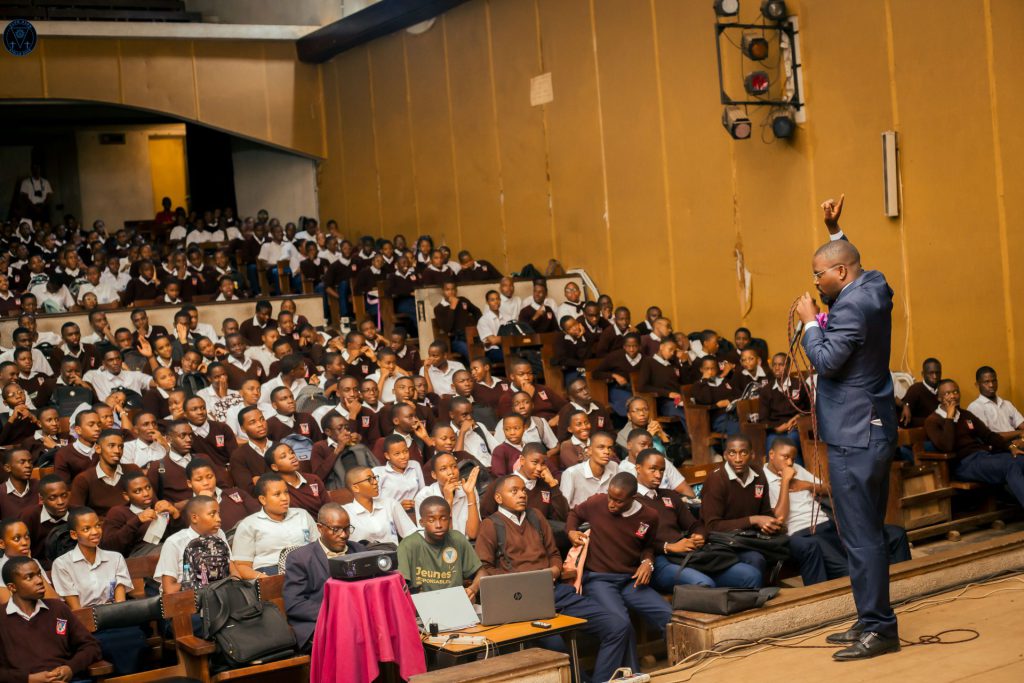
Engineer Franck then spoke about digital entrepreneurship as a new frontier for youth empowerment. He described how young people could turn their creativity and skills into income by creating content, offering training, or building online services. “With the right mindset,” he said, “a phone becomes more than entertainment—it becomes a business tool.” He stressed the importance of digital literacy, not just for consumption but for production and innovation. Youth, he insisted, should not merely scroll they should build. “This is how we redirect energy away from distractions toward purpose.”
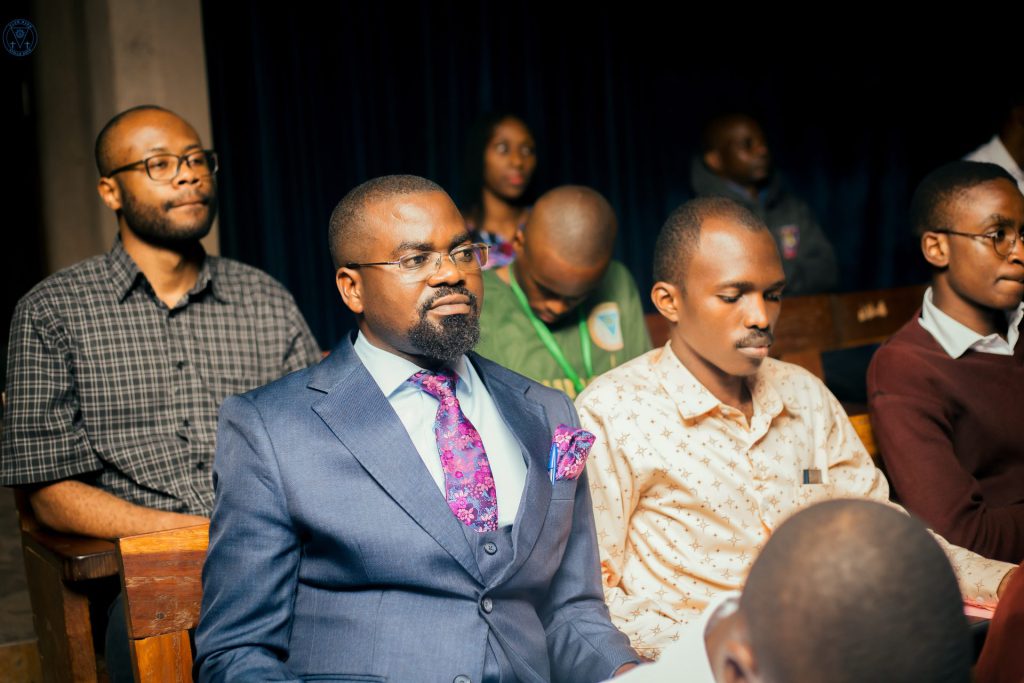
Throughout the conference, a central theme emerged: the importance of intergenerational dialogue. Each speaker, though rooted in their field, echoed the same plea—let us not divide the generations, but unite them through mutual respect.
Young people bring energy, creativity, and boldness. Elders bring wisdom, experience, and values. One without the other is incomplete.
The objectives of the gathering crystallized in the minds of all who attended:
- Encourage youth to think critically about current models and imagine sustainable alternatives.
- Inspire community engagement, where young people take ownership of local sustainability efforts.
- Promote entrepreneurship, particularly in the growing digital economy.
- Reframe sexual education as a tool for health and dignity, not shame.
- And above all, foster respect—across generations, across disciplines, and across identities.
As the day closed, one could feel the collective awakening of a shared purpose. The conference had not merely presented ideas, it had sown seeds.
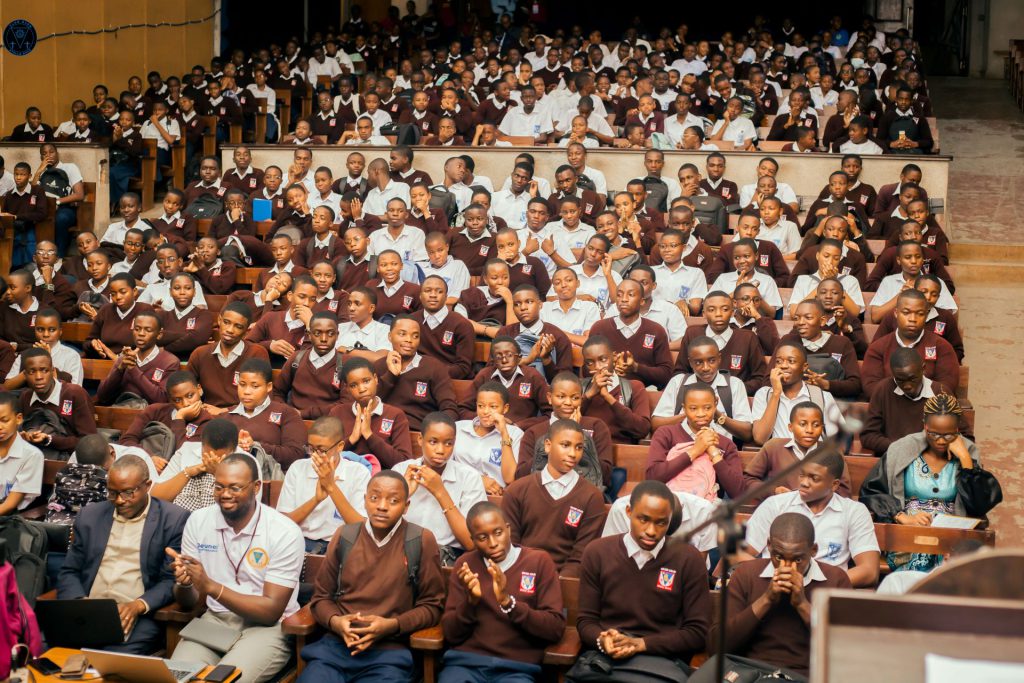
A student in the audience, eyes bright with resolve, summed it up best during the Q&A: “We don’t want to abandon our values,” she said. “We want to live them in new ways. We are not your enemies. We are your continuation.”
The elders smiled. The future, once feared, had spoken with courage.
By, Fr. Christian Mudiandambu Kangabuka SJ.,
Alfajiri College, Bukavu DRC.

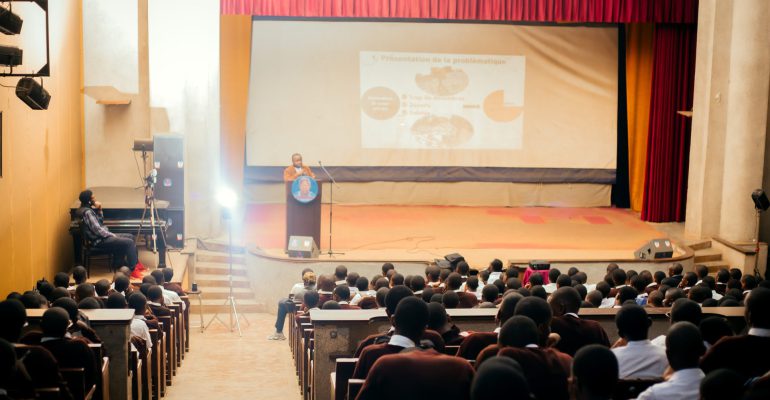
Comments are closed.